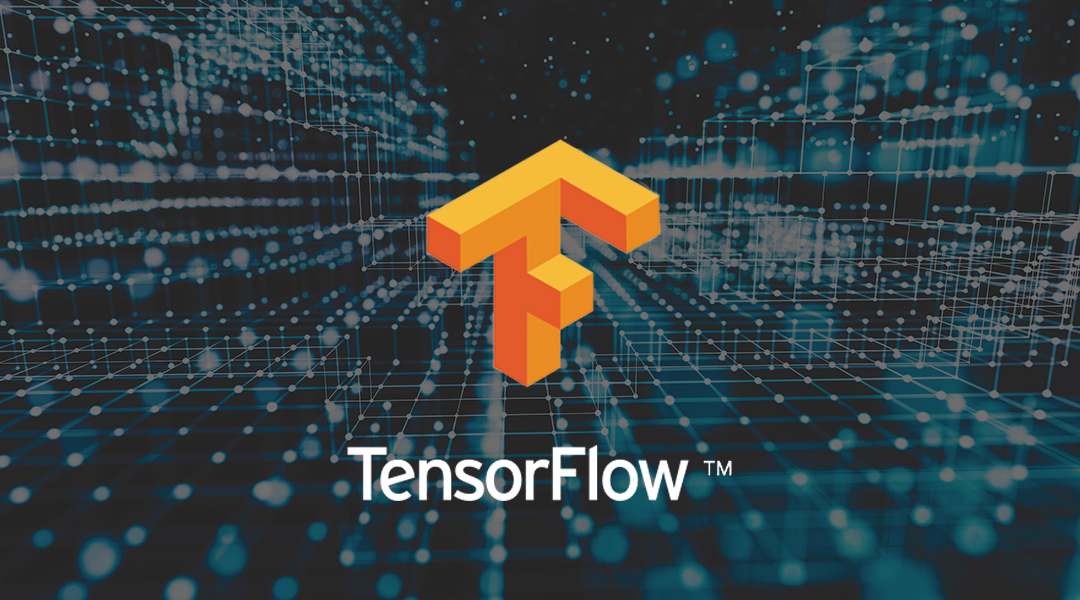1. Introduction to Generative AI for Leadership
1.1 What is Generative AI, and why it matters for businesses
1.2 Key concepts of AI and machine learning in non-technical terms
1.3 The evolving role of AI in organizational growth and strategy
2. Overview of GitHub Copilot
2.1 How GitHub Copilot works and its implications for software teams(Ref: Mastering in Git and GitHub)
2.2 AI as a productivity tool: Benefits for software development teams
2.3 Real-world case studies: Companies leveraging Copilot and AI tools
3. The Strategic Value of AI in Software Development
3.1 How AI transforms software development processes
3.2 AI’s impact on productivity, time-to-market, and innovation
3.3 Enhancing team collaboration and reducing technical debt with AI
4. Leveraging AI to Drive Innovation in Your Organization
4.1 AI-driven insights for product development and innovation
4.2 Identifying opportunities to implement AI across business units
4.3 Empowering teams with AI tools to improve operational efficiency
5. AI and Leadership: Making Data-Driven Decisions
5.1 Using AI tools to inform decision-making at the leadership level
5.2 AI-generated insights for risk management and forecasting
5.3 Ethical AI: Navigating challenges, biases, and responsible AI deployment
6. AI Tools for Non-Technical Leaders
6.1 Simplifying AI tools like Copilot for business understanding
6.2 The role of leadership in adopting AI-driven tools in the organization
6.3 Managing AI integration in teams without technical expertise
7. Aligning AI with Business Goals
7.1 Developing an AI strategy that aligns with organizational objectives
7.2 Building a culture of AI adoption: Training and upskilling teams
7.3 Measuring success: KPIs and metrics for evaluating AI impact
8. AI for Leadership in Software Development Teams
8.1 Understanding AI’s role in improving team productivity and quality
8.2 AI-assisted software development: What leaders need to know
8.3 Empowering developers with Copilot to reduce bottlenecks
9. Building a Future-Ready Organization with AI
9.1 How to foster an AI-driven culture in your organization
9.2 Preparing for the future: AI trends and their potential impact on business
9.3 Long-term strategies for leveraging generative AI across departments
10. Addressing Common Challenges with AI Adoption
10.1 Overcoming resistance to AI in teams and leadership
10.2 Ethical and compliance considerations for AI in the workplace
10.3 Managing AI risks and ensuring responsible implementation
11. AI and Copilot: Beyond Development Teams
11.1 Practical applications of AI tools in finance, marketing, and operations
11.2 AI for strategic planning, market analysis, and customer insights
11.3 Collaboration across departments: Integrating AI into enterprise workflows
12. Workshop: AI in Action for Leadership
12.1 Scenario 1: Identifying areas of opportunity for AI in your organization
12.2 Scenario 2: Designing a pilot AI project using Copilot and other AI tools
12.3 Scenario 3: Evaluating the ROI of AI tools in software and business processes
13. Q&A and Strategic Guidance
13.1 Open discussion on AI implementation challenges
13.2 Best practices for integrating AI into leadership decision-making
13.3 Next steps: Building a roadmap for AI adoption in your organization
In conclusion, embracing Generative AI and AI tools like Copilot empowers leadership teams to drive innovation, enhance productivity, and make data-driven decisions. By integrating AI into their strategies, organizations can unlock new opportunities for growth and success in an increasingly competitive landscape.







Reviews
There are no reviews yet.